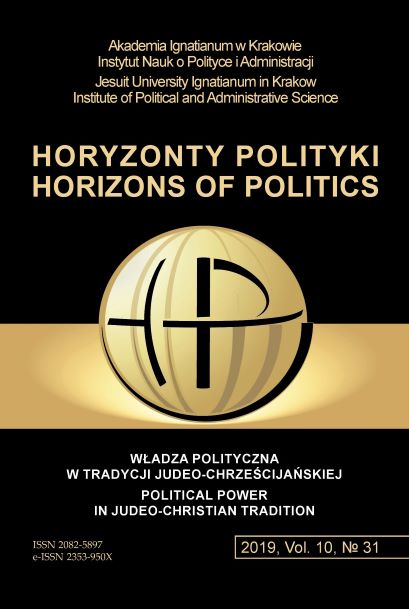Procesos de reconciliación en Europa
Reconciliation Processes in Europe
Author(s): Pablo Pérez LópezSubject(s): Christian Theology and Religion, Geography, Regional studies, Recent History (1900 till today), Nationalism Studies, 19th Century
Published by: Uniwersytet Ignatianum w Krakowie
Keywords: Europe; nationalism; forgiveness; culture; Christianity;
Summary/Abstract: RESEARCH OBJECTIVE: We are looking for a characterization of the processes of reconciliation lived in contemporary Europe in order to try to establish whether there is a historical pattern in those lived in the continent in the last two centuries, especially in the last one. THE RESEARCH PROBLEM AND METHODS: In order to do so, we resort to identifying the main causes of the violent confrontations experienced in Europe at this time. We follow a historical method: chronological order of events and establishment of causal relationships that allow the construction of a narrative about the dynamics of confrontation and reconciliation. THE PROCESS OF ARGUMENTATION: Inevitably we must be reductive in the selection of facts. The period of the two world wars serves as a dividing line between a time of confrontation and a time of reconciliation lived after the Second World War. We have chosen five processes since 1945 because they seem to us to be particularly significant. We also present some opposing examples of the emergence or survival of clashes. RESEARCH RESULTS: The first two are international: the reconciliations between France and Germany, and between Germany and Poland. The next two were lived within the same state: Spain with its transition to democracy and the United Kingdom to overcome the conflict in Northern Ireland. Finally, we deal with the most extensive reconciliation process in Europe: the one that took place after the fall of socialism, which brought together the two Europes separated until then by the Iron Curtain. The following are some examples to the contrary: cases in which there has been no reconciliation or in which new confrontations have arisen. CONCLUSIONS, INNOVATIONS, AND RECOMMENDATIONS: We end with a joint evaluation of the findings in the cases described that point to the cultural foundation, especially in relation to Christian roots, which is detected in the great processes of reconciliation described.
Journal: Horyzonty Polityki
- Issue Year: 10/2019
- Issue No: 31
- Page Range: 105-127
- Page Count: 23
- Language: Spanish

